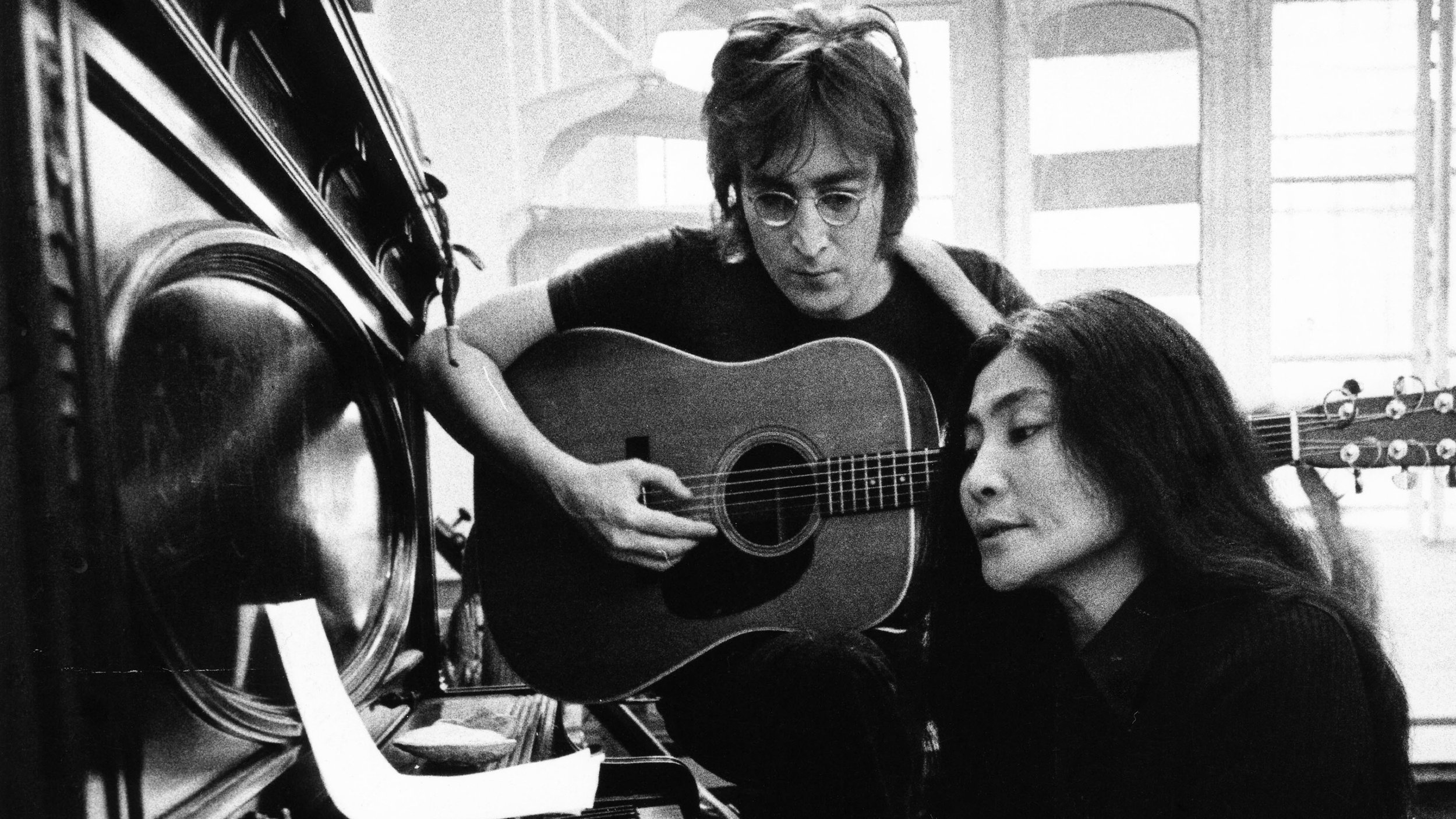One to One: John & Yoko Offers Intimate if Uneven Look at Couple’s 70s New York Years
By Kim Hughes
Rating: B-
Watching the new documentary One to One: John & Yoko is a bit like being dropped headfirst into an abstract painting. The colours are recognizable and the medium seems familiar but you’re never sure exactly what you’re seeing.
Filmmakers Kevin Macdonald (High & Low: John Galliano, The Last King of Scotland) and Sam Rice-Edwards offer what is described as an “expansive and revelatory inside look at John Lennon and Yoko Ono’s life in Greenwich Village in the early 1970s.”
That’s loosely set against the backdrop of the pair’s only full-length concert together, held at Madison Square Garden in August 1972, which raised about $1.5 million for children with mental disabilities.
With music by Lennon and Ono, and produced by their son Sean Ono Lennon, there’s reason enough for fans to be intrigued as the film follows Lennon’s tentative, burgeoning post-Beatles direction and particularly, his growing consciousness and activism against the war in Vietnam, which happened in lockstep with — Lennon might say because of — Ono.
On offer are performances from the concert threaded through with phone conversations Lennon recorded in the 1970s, lots of archival television clips of news reports and variety shows (Lennon and Ono on The Mike Douglas Show, chatting with Dick Cavett), footage of then-president Richard Nixon, shadows of the activist-poet John Sinclair, home videos, and commercials for things like Frosted Flakes, Chevrolet, and L’eggs pantyhose.
These last are presumably added to more fully recreate the ephemeral space occupied by Lennon, Ono and other early 70s denizens.
Cuts to black-and-white TV static act as dividers between segments; apparently Lennon and Ono watched a lot of TV at the time. The filmmakers go down many political rabbit holes without providing commentary. Some are interesting but a scant few are illuminating. (Footage of American politician George Wallace getting shot is downright distressing).
What One to One doesn’t have is much narrative coherence. Voiceover might have been too obvious a device to employ here, but it would have helped viewers follow story leaps and fill in some background for those not intimately familiar with the American political landscape of the early 1970s backdropping the film’s main subjects and spurring their politicking.
For example, audio footage in the film reveals that Lennon envisaged a “Free the People” tour in 1972, in which he’d pay for the release of prisoners in every city where he performed, ending in Miami during the Republican National Convention. Bold if improbable idea but… where did it come from and what happened to it?
A phone conversation with AJ Weberman, best known for raiding Bob Dylan’s garbage, is presented without context. And why the random rodeo scenes?
Again, without context or backstory, onetime Lennon lover May Pang pops up in recorded conversations. Ono too is captured in audio recordings, all presented on black screens with subtitles. These are so-so interesting, given that Ono’s perspectives were rarely explored at the time.
And indeed, with the advent of this film and author David Sheff’s comprehensive recent biography on the now 92-year-old Ono — also made with the assent of Sean Ono Lennon and featuring interviews with a clutch of adoring bold-face Ono fans — the artist once villainized for allegedly breaking up the Beatles is being reassessed in the rearview.
But One to One does the couple a disservice, being too fragmented and random to declaratively or persuasively elevate them as cultural visionaries despite featuring abundant never-before-seen material and newly restored footage. Strictly for fans of Lennon/Ono or very deep 1970s nostalgia.
One to One: John & Yoko. Directed by Kevin Macdonald and Sam Rice-Edwards. Music newly remixed and produced by Sean Ono Lennon. In theatres April 18.



